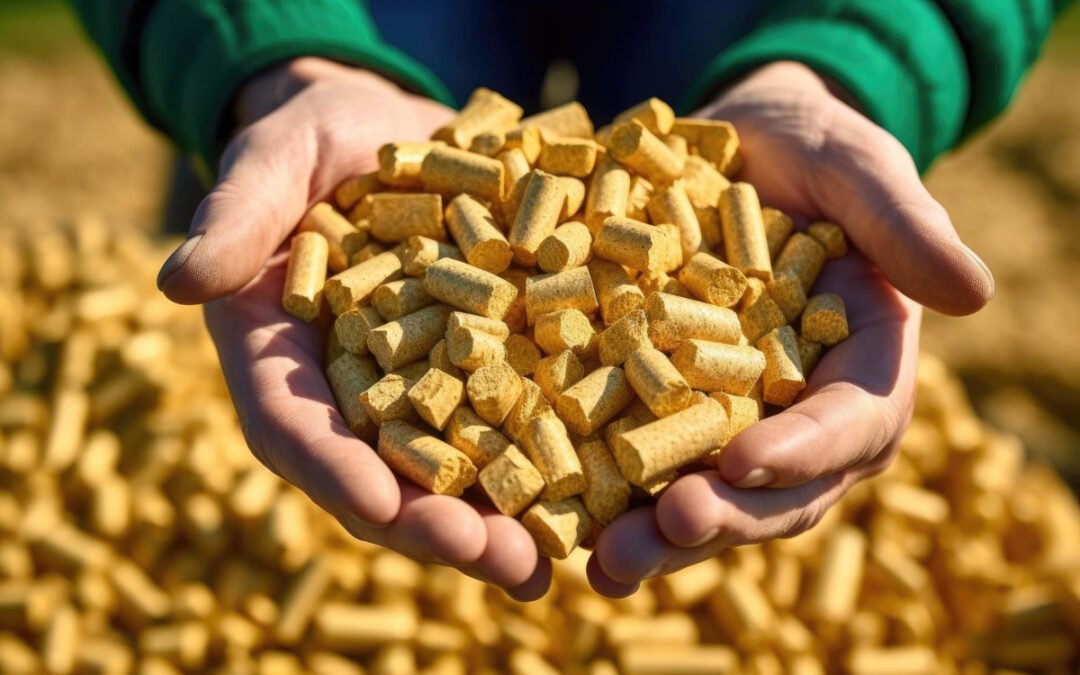Biomass boilers can utilize various types of fuel, including:
- Wood Pellets
- Advantages:
- High density, high heat output, and low moisture content.
- Easy to store and transport efficiently.
- Can be automatically fed into the boiler, ensuring a constant supply of heat.
- Emit low emissions and are uniform in shape and size.
- Disadvantages:
- Expensive when purchased externally.
- Typically considered for systems up to 200kW due to cost, delivery, and supply constraints1.
- Advantages:
- Wood Chips
- Advantages:
- Less complex to make and can be fed automatically into biomass boilers.
- Can be very efficient and come in standardized sizes.
- Disadvantages:
- Occupies more space and uniformity can be an issue with cheaper chipping equipment1.
- Advantages:
- Wood Logs
- Advantages:
- Minimal processing required and can be sourced cheaply, especially the waste.
- Ideal for businesses with a free supply of wood1.
- Disadvantages:
- Require a long drying period and cannot be automatically fed into the boiler.
- Advantages:
- Straw
- Advantages:
- Can be very cheap and available in large quantities.
- Disadvantages:
- Requires large machinery for handling and has a low calorific value compared to wood1.
- Advantages:
- Non-Wood Biomass
- Waste agricultural materials such as straw, wheat husk, and industrial waste like paper pulp can also be used in biomass boilers2.
Best Kind of Biomass Fuel
The best kind of biomass fuel depends on the specific requirements of your biomass system. It’s advisable to consult with the manufacturer and consider factors such as cost, availability, and the efficiency of the fuel type.
Ordering Biomass Fuel in England
In England, biomass fuel can be ordered from a supplier listed on the Biomass Suppliers List (BSL), which allows users to search for local suppliers. Additionally, companies may offer deliveries of pellets anywhere in mainland Britain and Northern Ireland.


